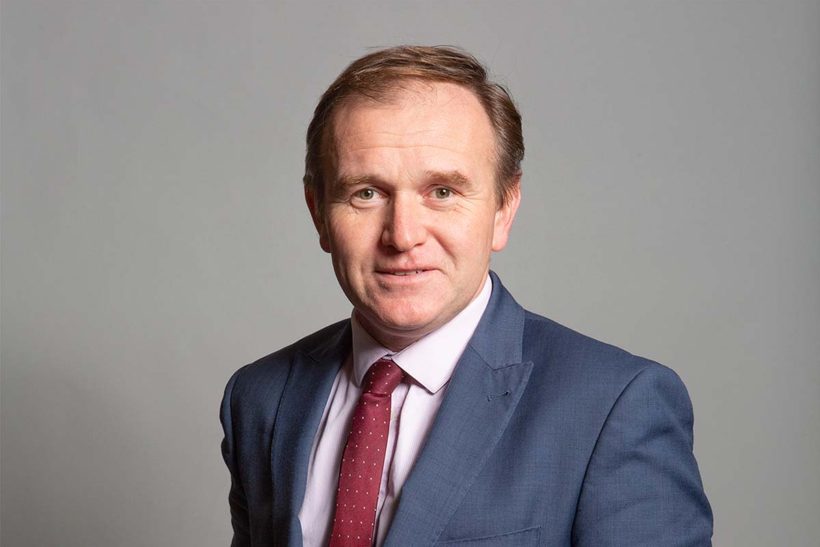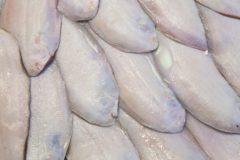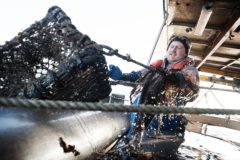Achieving an exclusive 6-12nm zone for UK vessels in 2026, when the Brexit fisheries deal is due to be renegotiated, will be a major objective for the UK government, according to DEFRA secretary George Eustice.
NFFO outgoing chairman Andrew Pascoe expressed the industry’s disappointment at the failure to achieve this in the TCA, despite it being a key objective, and asked the minister if he would ‘work hard’ to achieve an exclusive zone in 2026.
“Yes, most certainly,” said George Eustice.
“It was the final remaining issue [in the TCA talks] and we argued about this into the middle of the night. We felt very strongly about that. As you will have seen in recent weeks, the French were not too happy either. We granted access to our six-12 to about 120 vessels, and a further 40 didn’t qualify because they couldn’t demonstrate a track record in the reference period.”
He said there were also ongoing discussions around replacement vessels because some French owners had replaced their vessels with larger ones. The UK says this is ‘unacceptable, so there’s unhappiness on the French side about that’.
A further difficult issue ahead was the imposition of catch limits on some non-quota stocks. “It’s a complex area, and we had enough arguments last year and decided to stay our hand at that point and gather the data,” said the DEFRA secretary.
“Some of the UK fleet had also fished non-quota stocks in EU waters as well, so it was a complex picture.
“So there are still more things we intend to keep honing down, not just on entitlement to access but also some of the other conditions we might attach to vessels.”
He said the issues needed to be resolved for the UK fleet fishing in EU waters as well as for EU vessels in UK waters, and ‘that’s something we would still very much be planning to do at the end of this initial five-year agreement’.
Crab vessel operator and processor Trevor Bartlett pointed out to the minister that English non-quota landings are worth more than the value of quota stocks. “The opportunity to do some levelling up with fishing in each other’s waters was missed, but we are where we are,” he said.
“Can you assure us there will be sufficient funds made available for the science which is now necessary in order to get the sustainability of these stocks in place?”
George Eustice said the government had already announced the first project from the £100m fund to support the industry, which was about supporting fisheries science partnerships.
“The fishing industry is working with CEFAS to get a better understanding of the science to inform the management of all stocks, including some of the non-quota stocks and stocks where we have limited data,” he said.
This story was taken from the latest issue of Fishing News. For more up-to-date and in-depth reports on the UK and Irish commercial fishing sector, subscribe to Fishing News here or buy the latest single issue for just £3.30 here.






